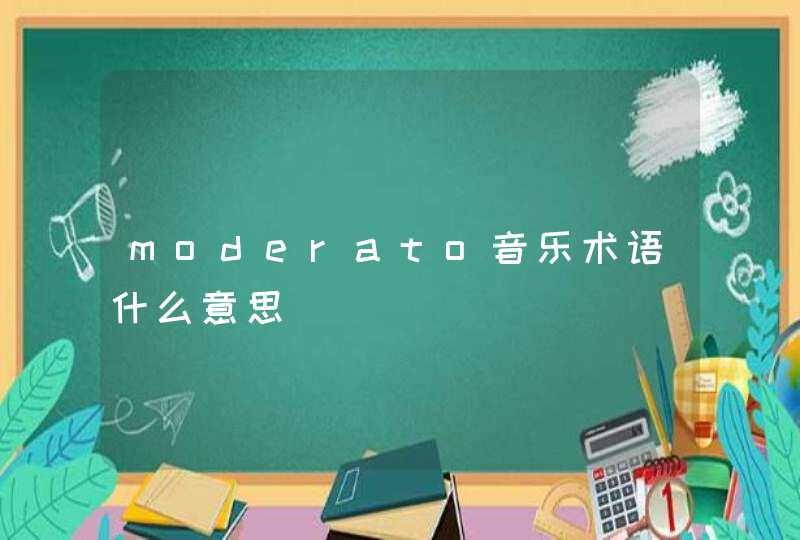学科的英语是subject。
读音:英[ˈsʌbdʒɪkt],美[ˈsʌbdʒɪkt]。释义:n. 主题;话题;问题;学科;课程;绘画(或拍摄)题材;接受试验者;臣民。adj. 可能受…影响的;取决于;受…支配;服从于。vt. 使臣服;使顺从;(尤指)压服。
学科类英语:
1、Chinese 语文
2、English 英语
3、gymnastics 体育
4、mathematics 数学
5、history 历史
6、geography 地理
7、biology 生物
8、chemistry 化学
9、physics 物理
学科的英文是subject,读音:英 [ˈsʌbdʒɪkt , səbˈdʒekt],美 [ˈsʌbdʒɪkt , səbˈdʒekt]。
例句:
1、The subject is not, properly speaking, a science.
严格地说,这门学科不是科学。
2、The students will be examined in all subjects at the end of term.
期末时学生须参加所有学科的考试。
3、There is an inclination to treat geography as a less important subject.
有一种趋向认为地理是一门次要的学科。
4、It is possible to combine Computer Science with other subjects, for example Physics.
将计算机科学与其他学科,如物理学,结合起来是可能的。
5、The two subjects are closely connected.
这两门学科紧密相连。
一、学科的英语单词是subject,音标英 [ˈsʌbdʒɪkt]、美 [ˈsʌbdʒekt]。
二、释义:
1、n.主题,话题学科,科目[哲]主观
They use games and drawings to illuminate their subject.
他们用游戏和图画来阐明他们的主题。
2、adj.须服从…的(在君主等)统治下的
Students should be subject to the discipline of their university.
学生们应该服从学校的纪律。
3、v.提供,提出使…隶属
Ancient Rome subjected most of Europe
古罗马帝国征服了欧洲大部分。
三、词源解说:
14世纪初期进入英语,直接源自古法语的suget,意为平民,臣民;最初源自拉丁语的subjectus:sub (往下) + jacere (放置),意为放置其下。
四、经典引文:
Many..Lebanese residing in Egypt became French subjects.
许多居住在埃及的黎巴嫩人成为了法国人的臣民。
出自:Times
扩展资料:
词义辨析:
一、subject, theme, topic
这组词都含有“主题”的意思。其区别是:
subject着重指文章、书籍、画或谈话等所涉及对象的题目或主题topic指谈话的话题或文章的题目theme则指谈话或文章的主题,即中心思想。例如:
The article has not exhausted the subject.这篇文章并没有把这个问题讲透。
The accident was the sole topic of conversation.那事故是谈话的唯一话题。
All his articles seemed an expression of the same theme.他所有的文章好像反映了同一个主题。
二、subject, citizen
这两个词都含有“国民”的意思。其区别是:
subject一般泛指君主国的臣民百姓或国民citizen指民主国家的“国民,公民”。例如:
She is a British citizen but lives in India.她是英国公民,但住在印度。
Every British person is a subject of the queen.每个英国人都是女王的臣民。
三、subject, object
这两个词均可表示“对象”。其区别在于:object为行为、感觉、思索的对象而subject为待处理,用以实验的对象。例如:
He is an object for scorn rather than for pity.他不是怜悯而是鄙视的对象。
He was the subject of much criticism.他是许多批评的对象。


